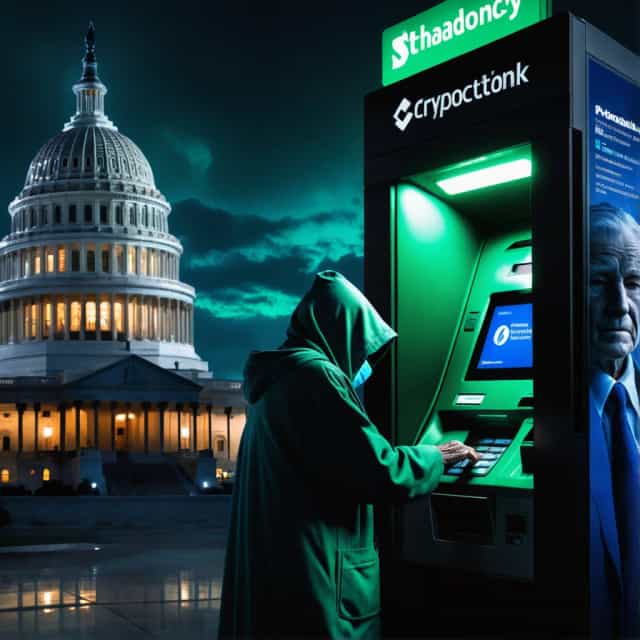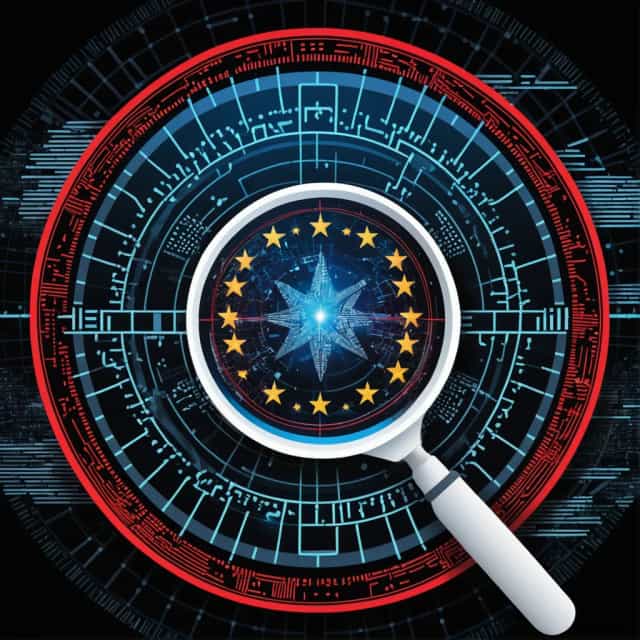
Image source: Block Media
Philippines Implements Blockchain-Based Transparency to Combat Corruption
Amid rising public discontent over allegations of multi-billion-dollar corruption in infrastructure projects, the Philippine government has launched a blockchain-powered transparency initiative designed to restore trust through groundbreaking technological solutions.
The platform, called Integrity Chain, was officially unveiled on September 24, and it aims to redefine how public contracts and project records are handled and accessed. Developed by Bayanichain, a blockchain-driven tech company, the Integrity Chain incorporates an immutable ledger to digitally preserve government data, making public projects easier to verify by citizens, advocacy groups, and other stakeholders.
A Bold Move Against Corruption
The announcement comes in the wake of nationwide protests on September 21 that commemorated the 53rd anniversary of martial law under former dictator Ferdinand Marcos. Approximately 130,000 demonstrators took to the streets, calling for accountability amid allegations of inflated contracts and substandard work tied to a controversial $15 billion flood control project. The protests underscored rising frustration with systemic corruption and wasteful spending within the public sector.
Paul Soliman, co-founder and CEO of Bayanichain, emphasized the groundbreaking goal behind the initiative. “Our aim is to transform government records into tamper-proof, verifiable digital public assets. In the long term, we hope to create a framework robust enough to safeguard the Philippines’ entire $98 billion national budget.”
The platform’s introduction aligns closely with growing calls for innovative solutions to persistent corruption. Soliman further stressed the importance of cryptographic security and direct citizen accountability, stating, “Public trust won’t be rebuilt through vague promises. It must be anchored in transparency, verifiability, and systems that ensure citizens can scrutinize project outcomes firsthand.”
How Does the Integrity Chain Work?
The Integrity Chain Platform takes a multi-layered approach to transparency and accountability by leveraging blockchain technology to collect, digitize, and verify critical government records. It operates through the following mechanisms:
- Digitizing and Recording Data: The platform captures contracts, budget details, and project milestones from the Department of Public Works, converting them into digital assets stored on an immutable ledger.
- Dissemination for Verification: Digital records are distributed to independent entities, including academic institutions, media organizations, and non-governmental organizations (NGOs), for external review.
- Public Accountability: Once verified, all records—including verification activities conducted by third parties—are posted back onto the blockchain, ensuring absolute transparency and safeguarding against tampering or bias.
According to Bayanichain’s co-founder, Gelo Wing, this process guarantees consistent accountability at every level. “Even the actions of independent verifiers are publicly recorded, ensuring that transparency remains uninterrupted and that trust is built from the ground up.”
A Landmark Adoption of Blockchain
The Philippine government’s proactive approach to blockchain technology underscores a significant shift in how public institutions address corruption and foster trust in their operations. By creating a mechanism where data integrity is cryptographically secured and publicly accessible, the Integrity Chain represents a transformational tool for combating corruption while promoting civic engagement.
This initiative also positions the Philippines as a global case study in leveraging decentralized technology to confront deeply rooted systemic issues. It could inspire similar adoptions in other countries grappling with transparency challenges in governance.
Closing the Gap Between Trust and Accountability
The Integrity Chain is more than a technological innovation—it stands as a bold push for government accountability, fueled by growing public demand for systemic change. As the Philippine government looks to address allegations tied to wasteful spending and substandard infrastructure development, this blockchain-based solution seeks to bridge the gap between mistrust and accountability.
Ultimately, the success of the program will depend on its ability to consistently deliver verifiable data and uphold its mission of transparency. For citizens, advocacy groups, and watchdog organizations, the Integrity Chain may prove to be a pivotal step in a broader movement toward a corruption-free public sector. By embracing decentralized technology, the Philippines is taking tangible strides to realign governance with the public’s expectations for transparency and integrity.










